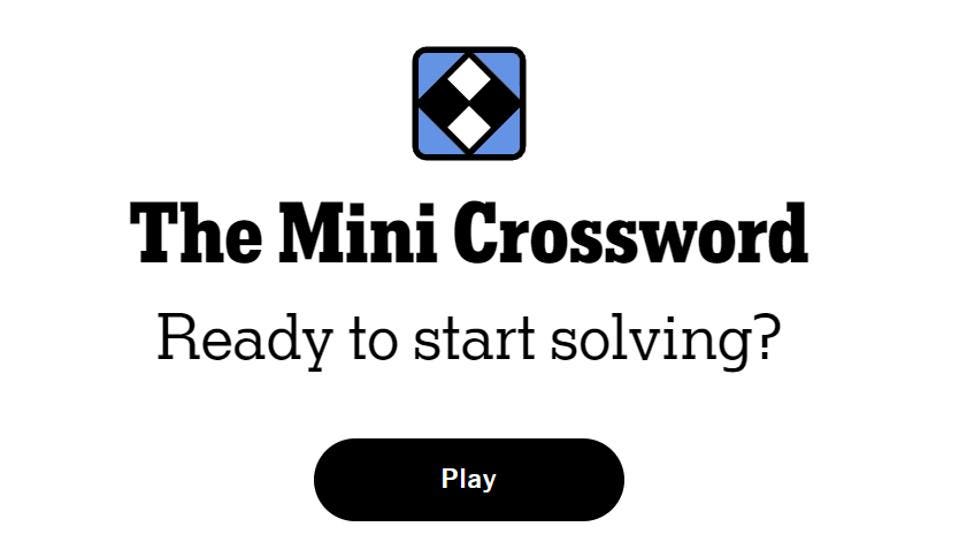A major setback for user privacy.
dpa/picture alliance via Getty Images
Apple warns iPhone users to stop using Google Chrome, and Microsoft has issued the same warning for Windows users. Now Google has confirmed more bad news for Chrome’s 3 billion users. Is it time to quit the world’s most popular browser?
Google’s plan to kill tracking cookies in Chrome centered on its Privacy Sandbox. This explored alternatives to cookies, which sought a balance between user privacy, the ad industry and regulators. That balance was never found. The focus on privacy is over.
Google has suddenly confirmed privacy initiatives “are being phased out.” The Privacy Sandbox, now in its sixth year, has essentially ended just months after Google confirmed tracking is here to stay and there are no viable alternatives.
The scale of this reversal is huge. “Google’s Privacy Sandbox is officially dead,” AdWeek reports, with Google telling the industry outlet “the entire project is being retired.”
The Privacy Sandbox has been fraught with issues since its inception. Its first initiative, the so-called Federated Learning of Cohorts (FLoC) was infamously pilloried by Apple’s “Flock” remake of Hitchcock’s “The Birds,” promoting Safari at Chrome’s expense.
The list of initiatives now retiring “in light of their low levels of adoption,” include: Attribution Reporting API, IP Protection, On-Device Personalization, Private Aggregation, Protected Audience, Protected App Signals, Related Website Sets, SelectURL, SDK Runtime and Topics. In short, pretty much everything.
The irony for privacy advocates is that none of the negative headlines in the last two years — including stay of execution for tracking cookies and rebirth of digital fingerprinting — have dented Chrome’s dominance on mobile or desktops.
Chrome now has more than 70% of both the mobile and desktop global markets. The only threat on the horizon comes from new AI browsers, including Perplexity’s Comet and an eagerly anticipated option from Open AI.
There again, Google is rushing out advanced to maintain its lock, with its recent Gemini in Chrome upgrade designed to keep the upstart AI browsers at bay. Again, privacy warnings have already been issued, with Gemini harvesting more user data than the alternatives. But, again, it seems unlikely to make a difference to user adoption.









